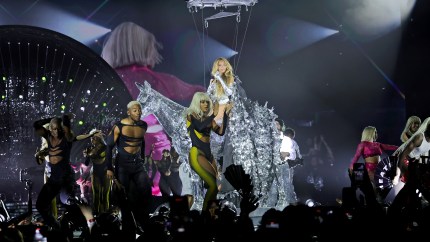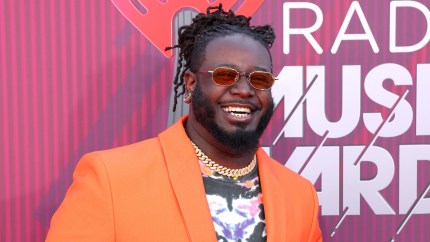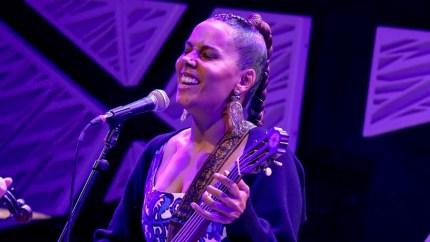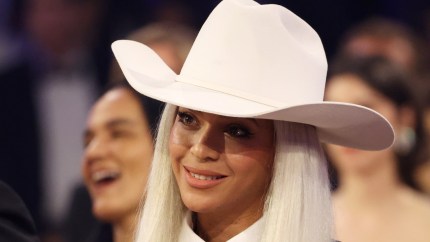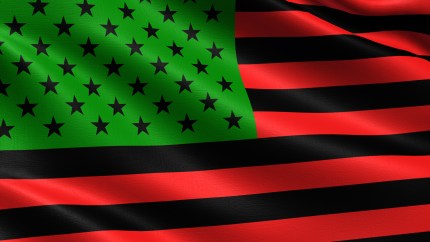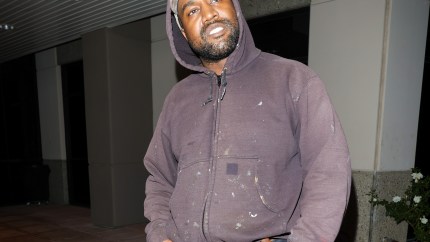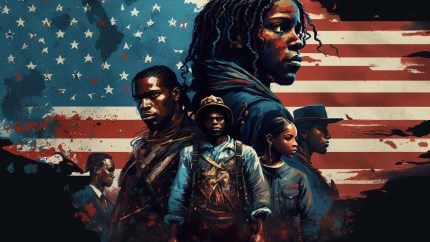Beyoncé is reclaiming country music for Black America
OPINION: Black contributions to country music have been completely whitewashed and erased, but Beyoncé’s latest musical endeavor is forcing America to remember what Black people built.

Editor’s note: The following article is an op-ed, and the views expressed are the author’s own. Read more opinions on theGrio.
Those who believe Black people should not perform or listen to country music need to realize that Black America invented country music in the first place. And Beyoncé is reclaiming the genre and bringing country music back to its Black roots.
The ignorant and racist idea that country music is white property and a white cultural space took center stage this week when an Ada, Oklahoma, radio station KYKC refused to play “Texas Hold ‘Em,” one of Beyoncé’s two new country songs. The other song is “16 Carriages.” After first refusing to play the song, arguing they are a country station that does not play Beyoncé, the station manager had to switch things up after facing pressure from angry fans.
Lil Nas X blew up the charts in 2019 with his country hit, “Old Town Road,” but Billboard removed the song from its Hot Country Songs chart after one week because the song was not country enough for them. But these white gatekeepers claimed the decision had nothing to do with the race of the Black artist.
The racism in country music is real, and Darius Rucker of Hootie and the Blowfish has spoken out about this. Rucker — who vocally supported Black Lives Matter following the 2020 murder of George Floyd and may have lost fans because of it — said people in the industry told him “My audience would never accept a Black country singer.”
This is nothing new. After Beyoncé sang “Daddy Lessons” with the Dixie Chicks at the 2016 Country Music Association Awards, some country fans lashed out in protest, saying she did not belong there, and the Grammys refused to accept her song as an entry in the country music category.
Meanwhile, it was nice to see Tracy Chapman get her well-deserved props with her 1988 song “Fast Car.” Luke Combs remade the song, which won for best song at the CMA Awards in November, making Chapman the first Black songwriter to win the award — for a song released 35 years ago — highlighting the problematic role of race and treatment of Black people in the very country music genre they created.
Just like cowboys and barbecue, Black folks created country music. This is not complicated. But this is Black history. The banjo, an important instrument in country music, originated in Africa. Brought to America by way of the Caribbean by enslaved African people, the banjo is nearly the same as the akonting of Senegal and Gambia, a stringed instrument made from a gourd. Similar to the akonting are the ngoni and xalam, which are played by the griots — the storytellers, oral historians, poets and musicians — of West Africa.
And those enslaved Africans taught Joel Sweeney, the white, blackface minstrel show performer who popularized the banjo, how to play the instrument. Before that time, the banjo was associated with Black people.
Banjos provided the music for minstrel shows, which became popular in the 1850s and depicted Black people on the plantation as racial caricatures — as singing and dancing lazy dimwitted fools, hypersexualized people, thieves and cowards in blackface. White people appropriated banjos through the minstrel shows, which paved the way for hillbilly music, which itself was inspired by the blues, Negro spirituals and songs sung by enslaved Black folks in the plantation fields.
Both Black and white musicians played hillbilly music in the 1920s and 1930s and even collaborated during the height of Jim Crow racial segregation. One of the Black pioneers of country music, harmonica player DeFord Bailey, performed for a Nashville radio station and was one of the founding performers of the Grand Ole Opry, the home of country music.
Recommended Stories
How is it that Black people invented country music, which reflected their experiences, and yet country music is associated with white people, particularly poor white people, as fans and performers? Chalk it up to marketing.
Beginning in the 1920s, the music industry whitewashed and segregated country music on purpose. As DePaul University English Professor Francesca Royster, author of “Black Country Music: Listening for Revolutions,” said, white radio stations became the gatekeepers who kept Black country artists off the air and political campaigns used country music to promote the idea of “an authentic white subject.” (Consider songs like Jason Aldean’s “Try That in a Small Town,” which became associated with white nationalism, racial violence and lynching.) On the other hand, Black musical genres such as gospel and blues were marketed as “race music.”
Marketed as white music by industry strategy, and constructed as white, country would become dominated by white performers and fans, with Black artists sidelined and rendered invisible.
Despite this whitewashing, Black country stars such as Stoney Edwards, Linda Martell, O.B. McClinton and Charley Pride continued to shine.
And we cannot forget Latino Spanish-speaking country artists Freddy Fender and Johnny Rodriguez.
Considering this history, which so many never learned, some country fans feel some kind of way when Beyoncé and other Black stars — like Jimmie Allen, Kane Brown, Mickey Guyton, Willie Jones, Brittney Spencer and Rhiannon Giddens, who plays the banjo on Beyonce’s “Texas Hold ‘Em” — return to reclaim their music. These white fans, who may believe country music is the property of so-called “rednecks,” can drown in their salty tears as Black people occupy a space that was Black from the very beginning.
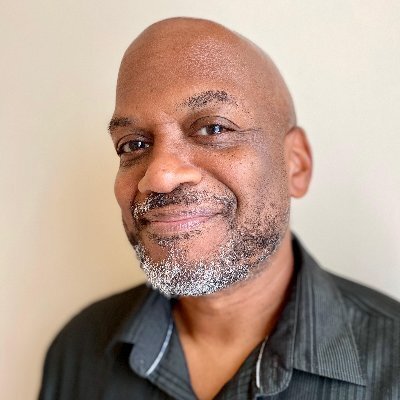
David A. Love is a journalist and commentator who writes investigative stories and op-eds on a variety of issues, including politics, social justice, human rights, race, criminal justice and inequality. Love is also an instructor at the Rutgers School of Communication and Information, where he trains students in a social justice journalism lab. In addition to his journalism career, Love has worked as an advocate and leader in the nonprofit sector, served as a legislative aide, and as a law clerk to two federal judges. He holds a B.A. in East Asian Studies from Harvard University and a J.D. from the University of Pennsylvania Law School. He also completed the Joint Programme in International Human Rights Law at the University of Oxford. His portfolio website is davidalove.com.
Never miss a beat: Get our daily stories straight to your inbox with theGrio’s newsletter.
More About:Entertainment Music Opinion
